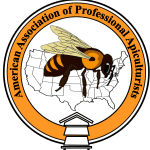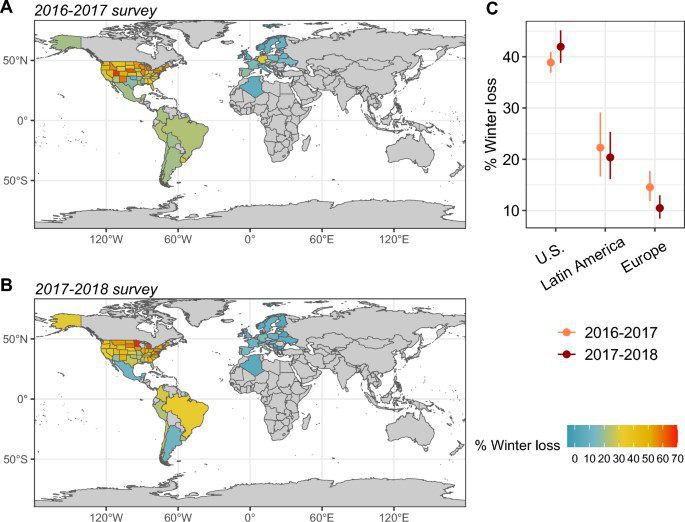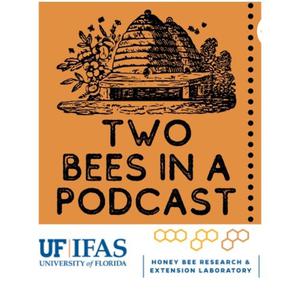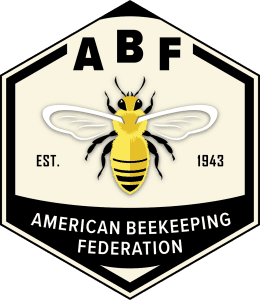UF Two Bees in a Podcast

Episode 166: Environmental DNA In this episode of Two Bees in a Podcast, released on May 28, 2024, Dr. Jamie Ellis and Amy Vu speak with Dr. Leigh Boardman—an assistant professor in the Department of Biological Sciences at the University of Memphis—about Environmental DNA (eDNA), how it works in the honey bee world, and how it might be beneficial to…
UOVBA News BotMay 29, 2024






